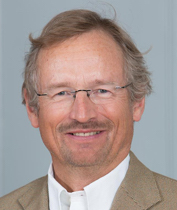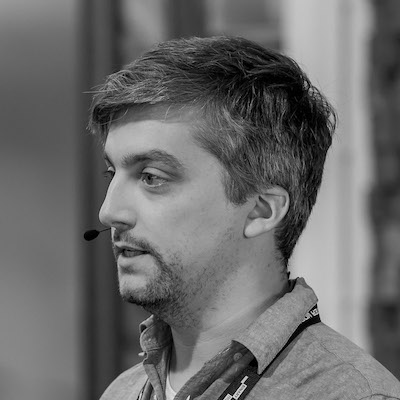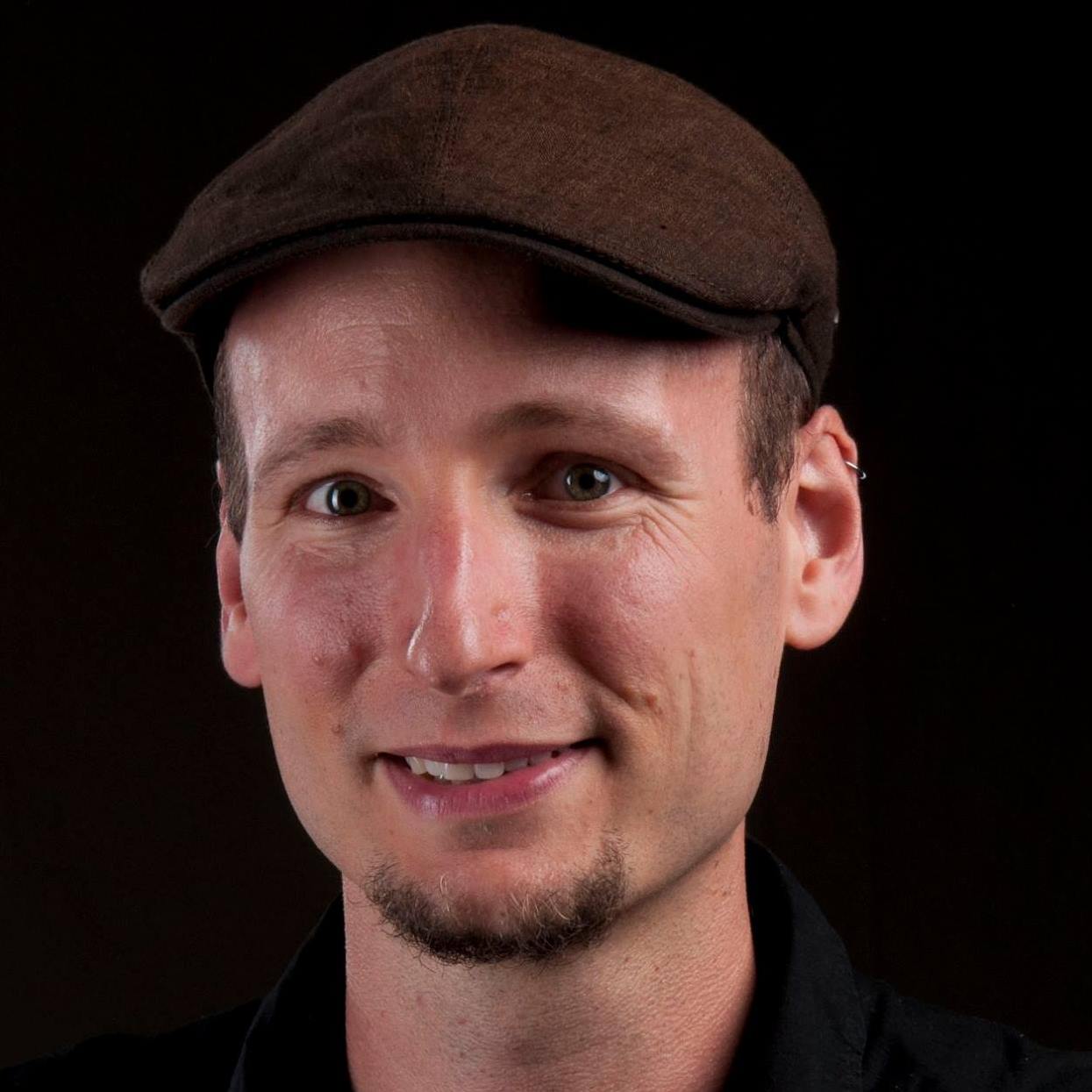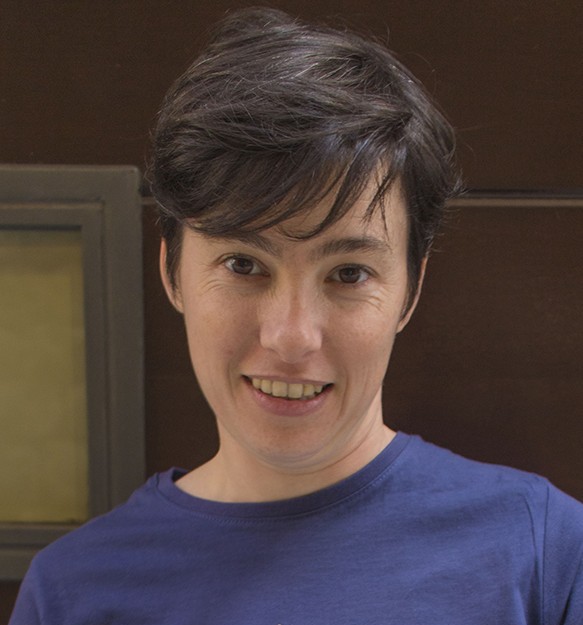EPFL
School of Computer and Communication Sciences
Summer Research Institute 2019
13.06.19 - 14.06.19
Overview
The Summer Research Institute (SuRI) is an annual event that takes place at the School of Computer and Communication Sciences of the École polytechnique fédérale de Lausanne, Switzerland. The workshop brings together renowned researchers and experts from academia and industry. It features a number of research talks by speakers from all around the world and is conducive to informal discussions and social activities.
The event is open to everyone and attendance is free of charge.
In case you plan to attend SuRI 2019, please register to facilitate the event's organization.
Program (Overview)
14.06.19
Program (Detailed)
13.06.19
14.06.19
Machine learning algorithms have shown an unprecedented predictive power for many complex learning tasks. As they are increasingly being deployed in large scale critical applications for processing various types of data, new questions related to their trustworthiness would arise. Can machine learning algorithms be trusted to have access to individuals’ sensitive data? Can they be robust against noisy or adversarially perturbed data? Can we reliably interpret their learning process, and explain their predictions? In this talk, I will go over the challenges of building trustworthy machine learning algorithms in centralized and distributed (federated) settings, and will discuss the inter-relation between privacy, robustness, and interpretability.
Reza shokri is an Assistant Professor of Computer Science at the National University of Singapore (NUS), where he holds the NUS Presidential Young Professorship. His research is on adversarial and privacy-preserving computation, notably for machine learning algorithms. He is an active member of the security and privacy community, and has served as a PC member of IEEE S&P, ACM CCS, Usenix Security, NDSS, and PETS. He received the Caspar Bowden Award for Outstanding Research in Privacy Enhancing Technologies in 2018, for his work on analyzing the privacy risks of machine learning models, and was a runner-up in 2012, for his work on quantifying location privacy. He obtained his PhD from EPFL. More information: https://www.comp.nus.edu.sg/~reza/
Speakers
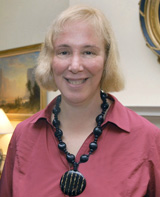
Joan Feigenbaum
(Yale University)

Katharina Krombholz
(CISPA)

Dimitar Jetchev
(inpher)
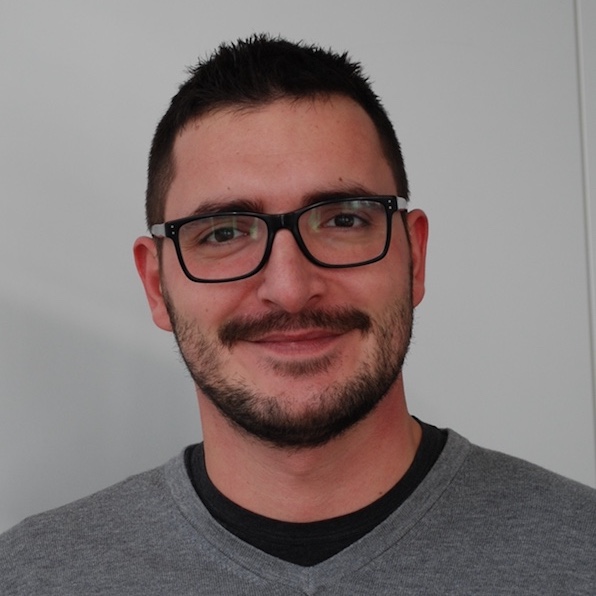
Sinisa Matetic
(SwissSign)

Susan McGregor
(Columbia Journalism School)
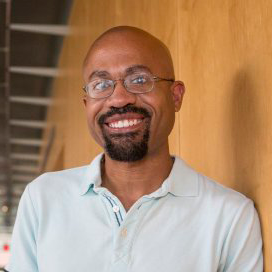
James Mickens
(Harvard University)
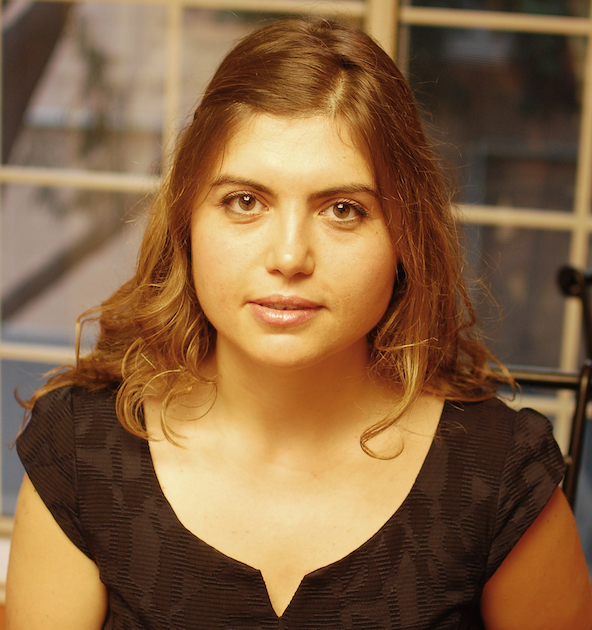
Mariana Raykova
(Google)
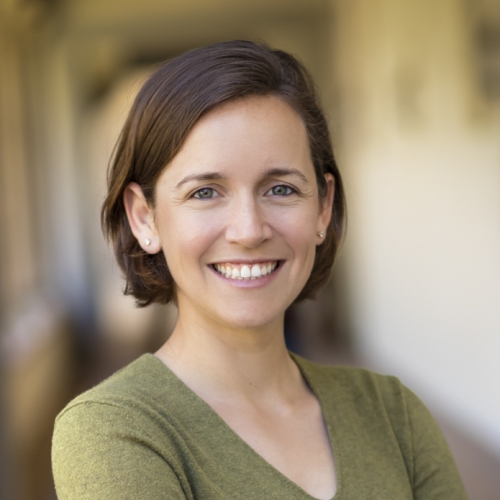
Margaret Roberts
(University of California, San Diego)
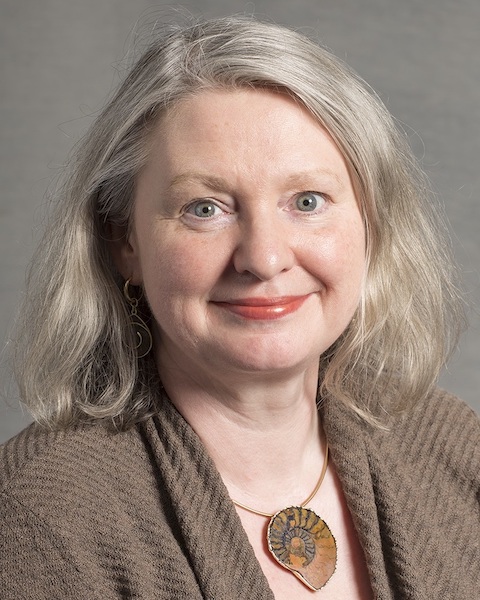
Angela Sasse
(RUB / UCL)
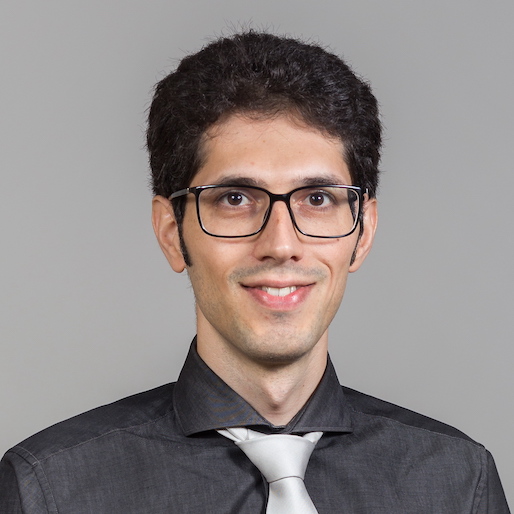
Reza Shokri
(NUS)
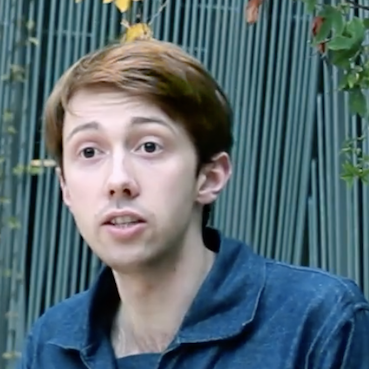
Michael Veale
(Alan Turing Institute)
Directions
If you're flying in, Genève-Cointrin is the nearest international airport. By train, it takes ~45 minutes to reach Lausanne. Zürich Airport is about ~2.5 hours away by train. To get information on train schedules, please see the Swiss Rail website.
To reach the SuRI venue from the EPFL M1 metro station, please check the map below.



